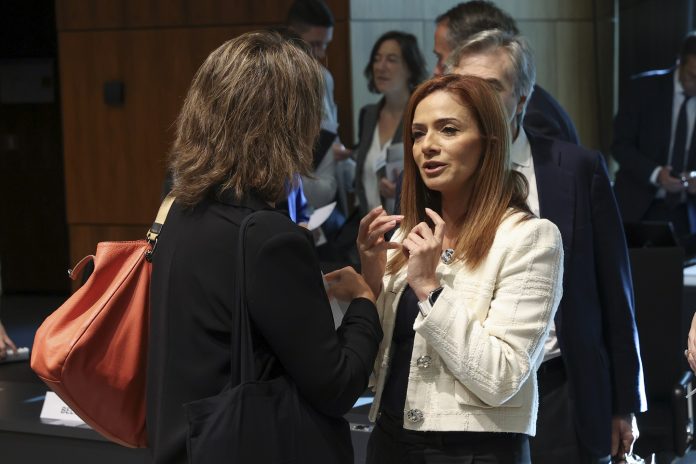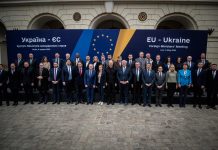‘Environmental protection and protecting patients are equally essential’ – Minister Miriam Dalli
Malta presented a statement to be included in the minutes of the EU Environment Council as EU environment ministers discussed a general approach to a proposal to revise the Urban Wastewater Treatment Directive ahead of talks amongst the European institutions.
While supporting the objectives of the directive, Malta raised concern over the impact that an Extended Producer Responsibility (EPR) on pharmaceuticals might have on the end users: patients.
In Luxembourg, Environment Minister Miriam Dalli maintained that, while understanding the reasoning behind an EPR scheme, all safeguards must be in place to ensure that patients are not negatively impacted.
“Environmental protection is essential, but so is the need to protect our patients and ensure their health,” Minister Dalli stated.
As an island state with extremely limited sources of fresh water, Malta supports the objectives of the Directive, which aim to limit antibiotics, pesticides, pharmaceuticals, and microplastics that end up in wastewater, but expressed its reservations to ensure that patient protection is properly addressed.
“I am sure that this is an issue that applies to patients anywhere in the EU, but for an island member state like Malta, this issue is further amplified by an additional key issue – that of accessibility to critical medicines,” Dalli said.
“We always say we need a just transition where no one is left behind. This is one of those cases. Our environmental ambitions cannot come at a negative social cost for the most vulnerable in our Member States,” continued Minister Dalli.
Miriam Dalli reiterated that during negotiations with the European Parliament, it is imperative that patients and their needs remain at the centre of the discussion.
The Malta position was echoed by the Spanish Presidency, which, in reaction to the minister’s intervention, said that the issue of patients and access to medicines was an important concern. The Presidency said that access to medicine needs to be protected, even in specific and different situations.
Photo (MEEE)










